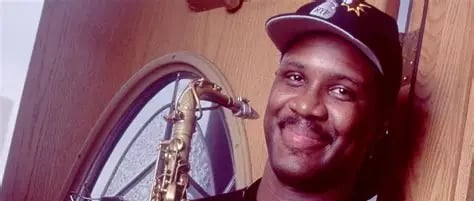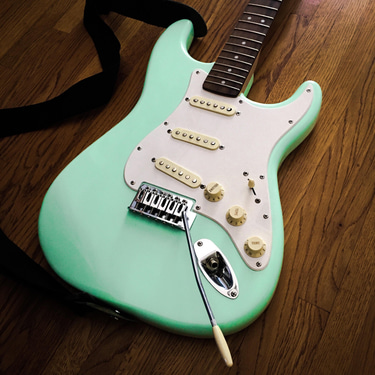Everette Harp staying unique in a formatted world
By Jim Dail
8/13/20253 min read


Musicians like to work whenever they can, whether it is in the studio or on tour.
Everette Harp doesn’t hesitate to work.
In his illustrious career as a sax player, he’s been on tours with Anita Baker and Kenny Loggins, among others, as well as been in the studio with Patti LaBelle and many others.
He’s performed with President Clinton - even letting him borrow one of his saxes.
He’s also had success after success as a solo artist since 1992, yet still finds time to go out on tour with Jody Watley and Chris Standring as part of Soul Express, which kicks of the 2007 Thornton Winery Champagne Jazz Concert Series on Sunday.
“Chris gave me a call and I just said yeah,” Harp said. “He called me early. I still have to get working on a new album but I said, ‘Sure, I‘ll do it.’”
For Harp, he’s proud to call himself a jazz musician, having grown up during the early days of contemporary jazz. At times, though, he does struggle with the genre.
“I think everyone is making records and in some ways that hurts the genre,” he said. “I’m not saying don’t make records and I’m not saying they aren’t good but everyone is making a record, but there are not as many are artists as they were in the past, not as many people trying to really craft a unique sound.”
It’s one reason Harp believes music sales are down.
“Everybody can make a record at home and sell it at a show, without having a label,” Harp said. “There’s really only so many records the public can buy so it affects sales.”
To Harp, it’s about trying to be unique and creative, without trying to follow what is popular, an argument that has been made for years regarding pop music.
“When you take a look at what was going on in the ‘70s and ‘80s in the contemporary jazz field, you knew who it was right away,” he said. “We used to play the turntable game where you play about 5 seconds of the song and try to guess who it is. You can’t do that now.”
He attributes the state of the genre - and the music industry as a whole - to radio and others who aren’t involved in music making decisions.
“I look at each new record I make as an exploration of where my talent can go,” Harp said. “However, with radio calling all the shots you can’t get on the radio anymore if you don’t give them exactly what they want. So many people have to follow that format.”
So why is it bad for radio to call the shots?
“The problem is decisions at the record labels now revolve around what will get airplay, not as much so as to whether or not this guy or that band is really good at what he does,” he said. “I don’t think radio is following what people want, but radio is doing what it wants and people are following it. I’m just hoping it can be changed, but now in the digital era I wonder if it hasn’t already gone too far.”
In addition, he feels there’s a disconnect between musicians and those in the business.
“It used to be that people in the business were knowledgeable, but now it’s lawyers and business people who call all the shots and they have little knowledge of music,” he said. “When I started out we had video airplay of our music, but not there’s no video at all.“
Nevertheless, that doesn’t stop Harp from sticking to his guns when it comes to his own music.
“I keep a cassette recorder around and when I hear a melody hit me, I sing it and go to the cassette player and put it down,” he said. “I’ll run to the studio and hammer it out.”
Keeping it unique is a conscious efforts at times.
“If we think the chord changes get routine, like if we think we’ve had that somewhere else we will change it,” he said. “I’m to always come up with something to make you go ‘Wow!”
As for Soul Express, it’s just about putting on the finishing touches at this point.
“We just got together to start rehearsing for the tour,” he said. “The musicians have been working on what we have given them and we just go in there and mold it into exactly what we want it to be.”
